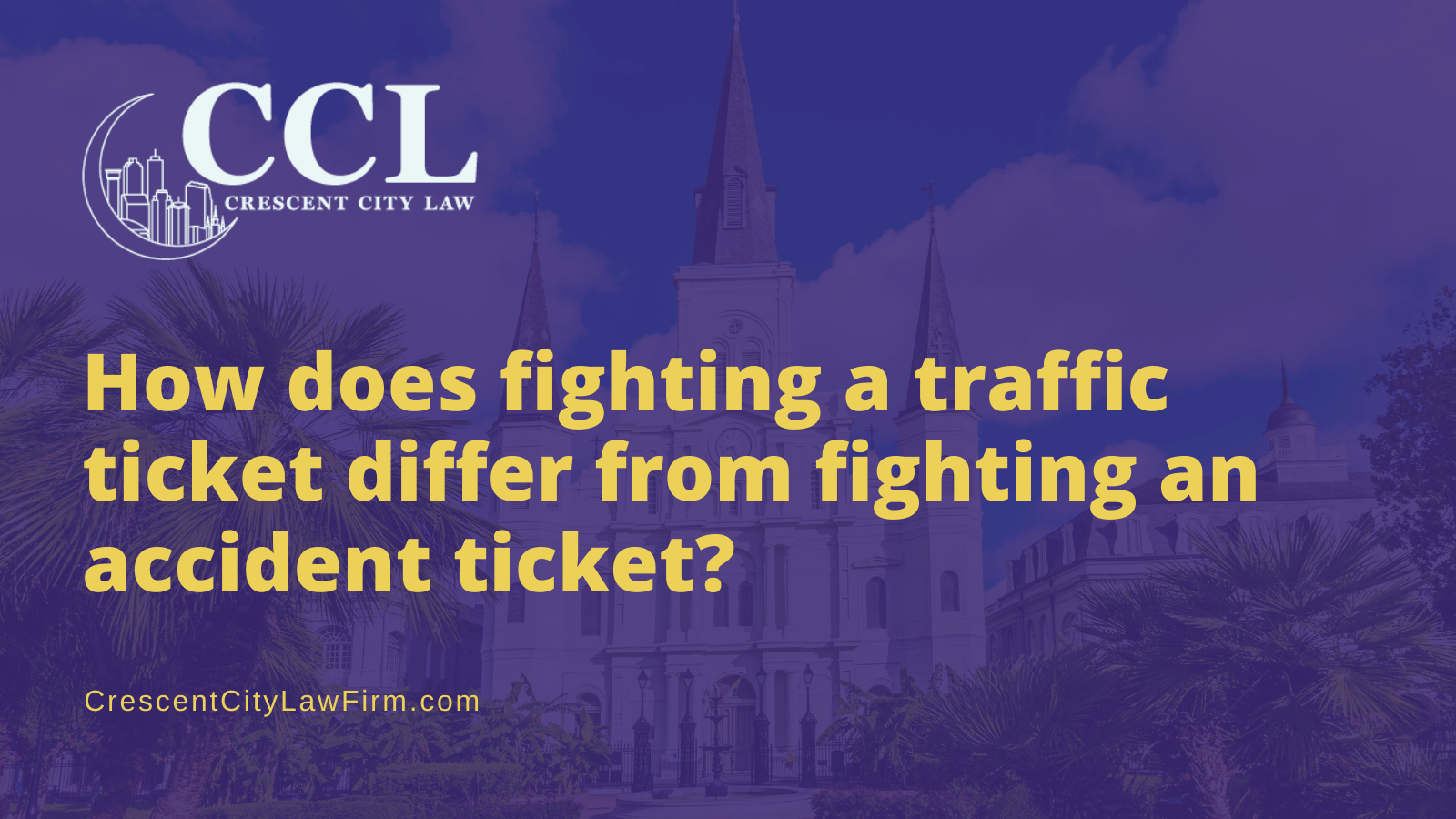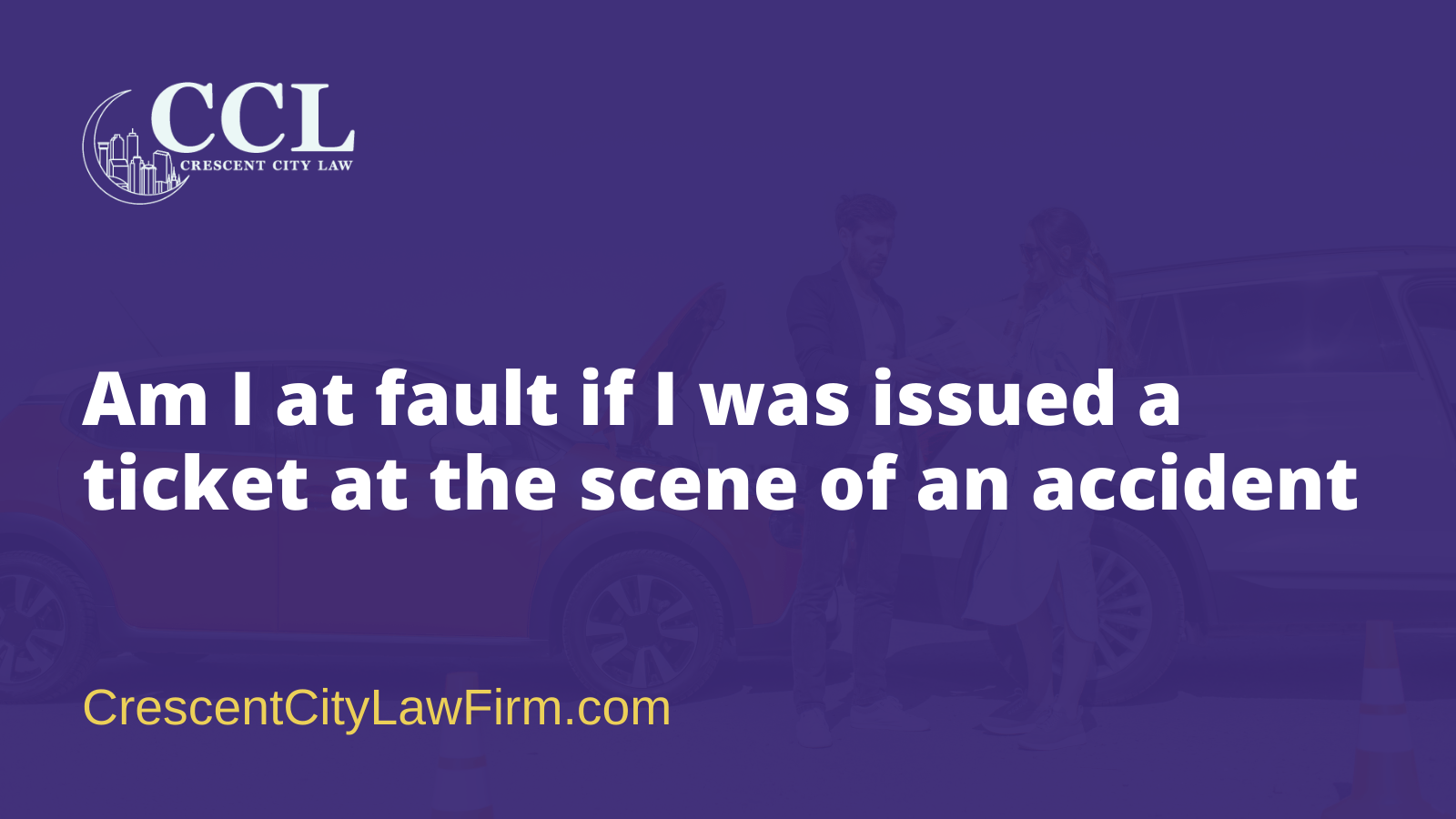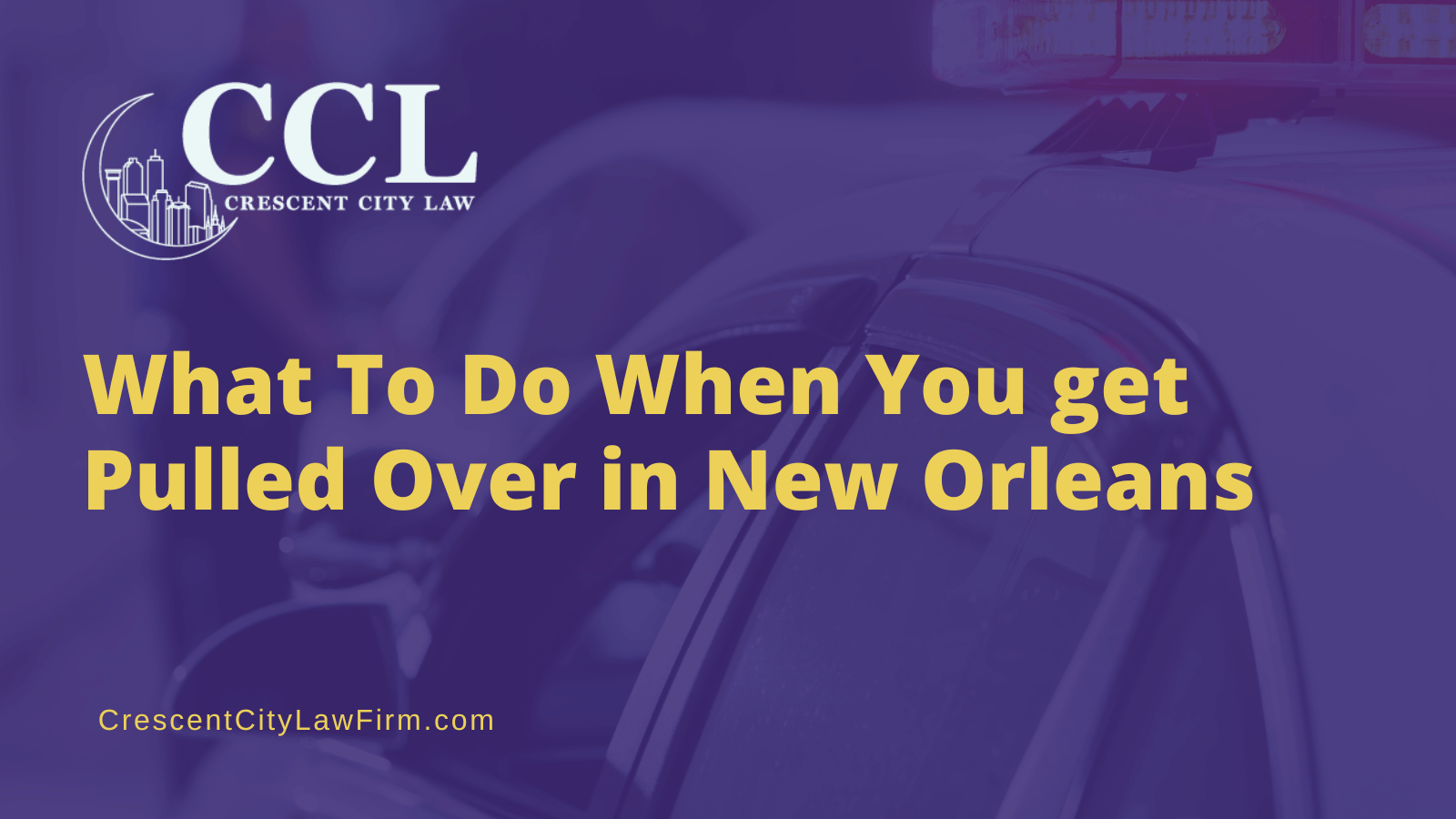Everyone gets traffic tickets–so don’t let a speeding ticket be the end of your world, but it certainly has the potential to make life more complicated and expensive. The actions you take immediately after a ticket are very important. Here is a look at exactly what you should do after being pulled over.
What to do After Being Pulled Over
Most people panic when they realize they are being pulled over. There is no reason to be fearful or nervous. Turn on your blinker, pull over to the side of the road or another safe space, put your vehicle in park, keep your seatbelt on, and roll down your driver side window. Turn off your vehicle and the radio. Do not make any sudden movements. This calm and collected approach does not give the police officer reason to suspect you are a threat and subsequently search your vehicle.
Do not lose sight of the fact that you are a complete stranger to the police officer. Even though you are not a threat, the police officer will assume the worst until you prove you are willing to act in a respectful and peaceful manner. If it takes a while for the police officer to approach your vehicle, do not open your door or make any gestures toward the officer. There will likely be a brief delay after you are pulled over so the police officer can run a scan of your vehicle’s license plate.
How to Interact With the Police Officer
The police officer will likely ask you for your driver’s license and insurance registration. Acknowledge the request and provide these documents. Ideally, you will have the Louisiana Wallet app so you do not have to bother carrying your license and registration anymore. If the officer asks for more than your license and registration, it is a red flag. Such requests indicate the police officer is looking to issue more than just a traffic ticket. Do not provide anything beyond what is necessary for the police officer to write the traffic ticket.
When interacting with a police officer, abide by the mantra of “less is more”. If the police officer asks you why you think you were pulled over, do not admit fault. You are innocent until the police officer can prove your supposed guilt. If you are civil with the officer, he or she might issue a warning instead of issuing a ticket.
If you disagree with the police officer’s reasoning for pulling you over, do not become irate. Be calm, cool and rational. If you become upset, the officer might tack on additional citations. Try to be as indistinct as possible. This way, if the matter goes to traffic court, the police officer might not remember you or any details of the incident.
What to do After Interacting With the Police Officer
Write down exactly what happened before and during the traffic stop as soon as possible after the police officer leaves the scene. Write down the location of the stop, the time of day and other details that impacted the situation. Everything from the lack of speed limit signs posted at the appropriate intervals to speed limit signs blocked by trees can nullify the ticket. If traffic signs are obscured, be sure to record the interference with your smartphone video or camera. Ideally, the image or video will have a time stamp to prove the sign was obscured on the day your traffic ticket was issued. This video footage or picture might be the only evidence of your innocence.
The Most Important Step: Find an Experienced Traffic Ticket Attorney
Your chances of beating the traffic ticket in court will be significantly improved if you have a savvy traffic ticket attorney on your side. This legal practitioner will evaluate your case, compile evidence, poke holes in the accusation(s) and do everything possible to clear you of this supposed wrongdoing. Follow the advice set forth above, let your traffic attorney handle this legal challenge and you will rest easy knowing you have done everything you can to emerge with minimal penalty or no penalty at all.
Submit your ticket here.






